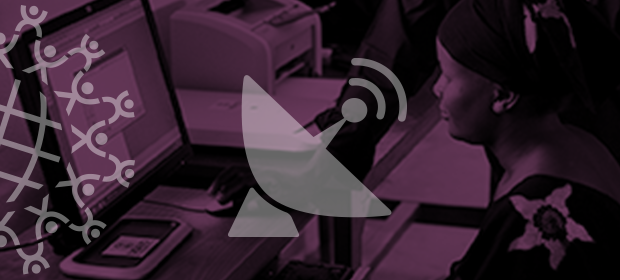Wayan Vota
Former director of digital health


Nepal is improving the availability, quality, and use of health workforce data to achieve universal health coverage and the Sustainable Development Goals. To do this, they are monitoring 14 national health workforce account (NHWA) indicators annually from five professional health councils: Nepal Health Professionals Council, Nepal Medical Council, Nepal Nursing Council, Nepal Pharmacy Council, and the Nepal Ayurveda Council.
But while these five councils have a lot of data, they are just beginning to share them with each other. With funding from the World Health Organization (WHO), IntraHealth’s Capacity Building to Manage Nepal Health Workforce Registry and Human Resources Management Information System (HRMIS) Using iHRIS project helped the Nepal Ministry of Health and Populations link data between these five councils into a national health worker registry.
Working with key decision makers from the ministry, the five councils, and private-sector software developers, IntraHealth evaluated how to link the existing human resources information system, the country’s data needs, the councils’ functions, and the capacity needs of the registry stakeholders. Based on what we identified, IntraHealth worked with local developers to customize iHRIS—IntraHealth's free, open source software that helps countries track and manage their health workforce data—as a central health worker registry, linking data from the five health professional councils. The customizations were made during a multi-day workshop where IntraHealth and Nepalese developers worked side-by-side to build software connections.
The project streamlined and customized the data entry process using the team’s expertise in global data standards, with a focus on the mCSD model. This allowed the professional councils' HR systems to share data and it now serves as a platform for data to be accessed, updated, and validated. Now, these data inform Nepal’s NHWA indicators and are shared with the WHO.
To ensure future interoperability between the systems, the project also included a multiday training workshop for 35 stakeholders and software developers on iHRIS development to enhance local capacity and sustainability.
| Where: | Nepal |
| Dates: | |
| Funder: | World Health Organization |



